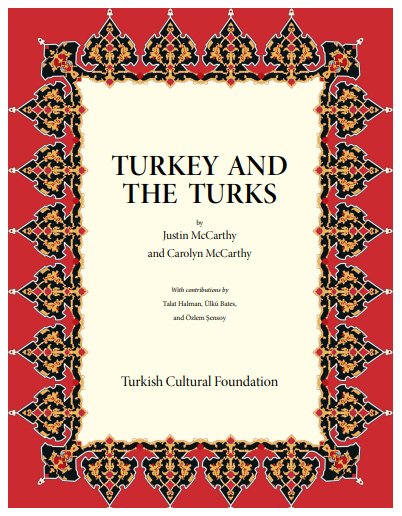Turkey is not a member of the European Union (EU). However, the relationship between Turkey and the EU is complex and multifaceted, spanning decades of negotiations, agreements, and political discussions. Let’s delve into the details to understand the status and history of Turkey’s relationship with the EU.
Historical Context of Turkey-EU Relations
Early Aspirations and Application
- Turkey’s journey towards EU membership began over half a century ago. The country first applied to join the European Economic Community (EEC), the predecessor of the EU, in 1959, just a year after the EEC was established.
- In 1963, Turkey and the EEC entered into an Association Agreement, also known as the Ankara Agreement, which aimed to pave the way for Turkey’s eventual membership by integrating its economy with the Community.
Customs Union and Candidacy
- A significant milestone in Turkey-EU relations was the establishment of a Customs Union in 1995, which allowed for the free movement of most goods between Turkey and EU member states.
- Turkey was officially recognized as a candidate for full membership in 1999, and this was followed by the start of accession negotiations in 2005.
Progress and Stalling of Accession Talks
Negotiation Process
- The accession process involves the candidate country adapting its national laws and regulations to comply with EU standards and norms, known as the acquis communautaire.
- Since 2005, Turkey has opened negotiations on several chapters of the acquis, which cover various policy areas. However, the progress has been slow and marked by numerous challenges and delays.
Factors Hindering Membership
- Several issues have stalled Turkey’s EU accession process:
- Human Rights and Democratic Standards: Concerns over human rights, freedom of speech, and the rule of law in Turkey have been significant hurdles.
- Cyprus Issue: The dispute between Turkey and Cyprus remains a major roadblock. Turkey does not recognize the Republic of Cyprus, an EU member state, leading to complications.
- Geopolitical Tensions: Various geopolitical tensions in the region, including those related to the Middle East and migration, have influenced Turkey-EU relations.
- EU Internal Dynamics: The enlargement fatigue within the EU, skepticism among some member states about Turkey’s membership, and broader debates about the EU’s future direction also play a role.
Current Status and Future Prospects
Continued Cooperation Despite Stalled Talks
- Despite the stalled accession talks, Turkey and the EU continue to cooperate in several areas, most notably in trade and migration management.
- The future of Turkey’s EU membership remains uncertain. While the EU remains a significant trading partner and political ally, full membership seems distant under current circumstances.
Domestic and International Considerations
- Inside Turkey, public opinion on EU membership is mixed and often influenced by national politics and economic considerations.
- Internationally, Turkey’s strategic location and role in regional security, energy, and migration issues continue to make it an important partner for the EU.
Turkey’s relationship with the EU is characterized by longstanding aspirations, complex negotiations, and challenging hurdles. While Turkey is not a member of the EU, its historical ties, economic links, and geopolitical significance continue to make it an important player in European affairs. The future of Turkey’s EU membership will likely depend on a range of factors, including internal reforms in Turkey, resolutions to geopolitical conflicts, and evolving dynamics within the EU itself. For now, Turkey remains a candidate country, with its path to full EU membership uncertain and subject to ongoing political and diplomatic developments.

